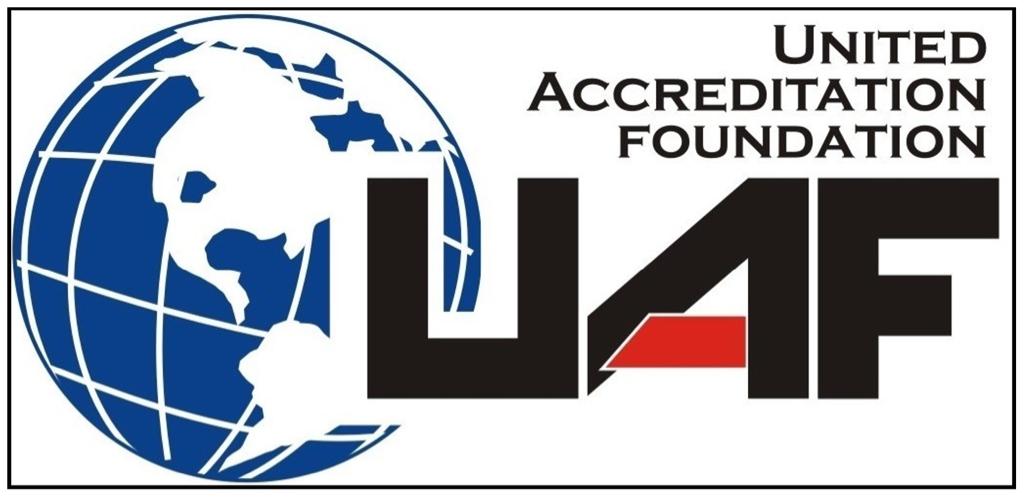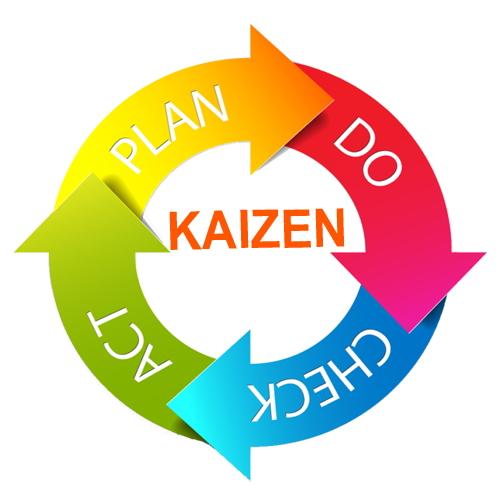Kaizen is an approach to creating continuous improvement based on the idea that small, ongoing positive changes can reap major improvements. Typically, it is based on cooperation and commitment and stands in contrast to approaches that use radical changes or top-down edicts to achieve transformation. It was developed in the manufacturing sector to lower defects, eliminate waste, boost productivity, encourage worker purpose and accountability, and promote innovation.
Kaizen is a compound of two Japanese words that together translate as "good change" or "improvement," but Kaizen has come to mean "continuous improvement" through its association with lean methodology. Kaizen has its origins in post-World War II Japanese quality circles. These circles or groups of workers focused on preventing defects at Toyota and were developed partly in response to American management and productivity consultants
Kaizen advantages:
With its focus on gradual improvement, Kaizen can create a gentler approach to change in contrast to big efforts that may be abandoned due to their tendency to provoke change resistance and abandonment.
· Kaizen encourages scrutiny of processes so that mistakes and waste can be reduced.
· Inspection needs are lessened, because errors are reduced.
· Employee morale grows, because it engenders a sense of value and purposefulness.
· Teamwork increases as employees think beyond the specific issues of their department.
· Client focus increases as customer requirements awareness is raised.
· Systems are in place to ensure improvements are encouraged both short and long term.





